Our School
Core Values
We have created a set of core values that underpin the learning and influence all aspects of school life at Byker Primary School to ensure every child feels Safe, Secure and Special.
Honest
Inclusive
Individual
Respectful
Resilient
Curious
Communicators that use our words to express ourselves
Curriculum
Children are taught through whole class interactive teaching, where the focus is on all (vast majority) children working together on the same lesson content at the same time. This ensures that all pupil shave the opportunity to maseter concepts before moving to the next part of the curriculum sequence, ensuring that pupils are not left behind.
If a pupil fails to grasp a concept or procedure, this is identified quickly and early intervention ensures the pupil is ready to move forward with the whole class in the next lesson.
Significant time is spent developing deep knowledge of key skills that are required to underpin future learning. The structure and connectionswithin the lesson are emphasised, so that deep learning can be sustained by all children. Lesson design identifies the new learning that is to be taught, the key points, the difficult points and a carefully sequenced journey through the learning.
Metacognition: children are aware of their own knowledge, strengths and areas to develop. Children can regulate their own activity as they apply knowledge.
Use of SEND Support Plans, with accompanying resources and support is considered inline with The SEND Universal Offer and best practice.

Keep exploring. Keep dreaming. Keep asking why. Don’t settle for what you already know. Never stop believing in the power of your ideas, your imagination, your hard work to change the world.
Aims of the curriculum
- To excite, inspire, engage, surprise, empower and challenge
- To provide a rounded, holistic education that is underpinned by Bykers Core Values
- To secure key skills in core subjects that can be applied to solve authentic problems
- To ensure academic progress and high standards across the curriculum
- To instil a passion for life-long learning that will enable children to flourish, adapt to and embrace future challenges
- To encourage children to follow their own interests, deepen their learning, question and analyse and thrive as confident, reflective thinkers
- To develop mental wellness, resilience and confidence to succeed in life and learning
- To foster mutual empathy, understanding, tolerance and respect
- To harness the rich cultural and historic environment and community surrounding Byker to enrich learning
- To prepare Byker children to make a valuable and effective contributions to society (life beyond school)
Attendance
Good attendance is fundamental to a successful and fulfilling school experience as well as promoting well-being, maximising opportunities to learn and increasing life chances. The attendance pattern for all children is monitored weekly as we seek to work actively with parents to ensure a regular pattern is maintained. One of our basic principles is to celebrate success and we do that through weekly assemblies and termly attendance certificates and rewards.
Why is school important?
Statistics show a direct link between under-achievement and absence below 96%. Those children who attend regularly:
- make better progress, both socially and academically
- find school routines, school work and friendships easier to cope with
- find learning more satisfying
- make the most successful transitions between primary and secondary schools, higher education and employment or training
Parents have a legal duty to ensure that their child attends school regularly and arrives on time. Full attendance is essential to the all-round development of a child as it gives them the ability to take full advantage of educational opportunities available to them by law. The Governing Body and Head Teacher, in partnership with parents, have a legal duty to promote full attendance at school.

What can families do to support Good Attendance?
- The school day starts at 8:50am. Please make sure you are at the school door at 8:45am ready to enter before doors close.
- Build regular bedtime and morning routines. Make sure uniform is ready in advance and set your alarm
- Don't permit missing school unless your child is truly sick. Medical Evidence of absence should be provided to school if your child has attendance of below 90%. Anything below 90% is classified as Persistant Absence.
- Seek support from school staff. We have a Pastoral Team of Attendance, SENDCO and Designated Safeguarding and Inclusion Lead who can support you with a range of medical and attendance issues. Please talk to them. They are there to help and support.
Term Time Absence-Holiday Requests
Absence during term time has the potential to interrupt continuity of teaching and learning, as well as disrupt the educational progress of individual children. Byker Primary School aims to minimise the amount of time lost to term time absence through a policy which actively discourages parents from arranging periods of absence during term time unless in exceptional circumstances.
Previously regulations have allowed Headteachers to grant leave of absence for the purpose of a family holiday during term time in ‘special circumstances’ of up to ten school days leave per year. Headteachers were also permitted to grant extended leave for more than ten school days in ‘exceptional circumstances’. From the 1st September 2013, amendments to the 2006 Education (Pupil Registration) (England) Regulations remove references to family holiday and extended leave, as well as the statutory threshold of ten school days.
The amendments make clear that Headteachers may not grant any leave of absence during term time unless there are exceptional circumstances. Head teachers should determine the number of school days a child can be away from school if the leave is granted.
| Table Heading | Table Heading |
|---|---|
Thrive
What is Thrive?
The Thrive Approach® has evolved over the last 25 years, providing those who work with children and young people with the knowledge, skills and tools to optimise social and emotional development. Thrive is committed to supporting and encouraging the development of confident, curious, creative and capable children and young people who are open to learning and better equipped to deal with life’s ups and downs.
We have been using Thrive at Byker since 2015 and the approach is now securely embedded within our whole school ethos. We are proud to be a school where children and all the grown-ups who care for them, thrive together. Our behaviour policy, school environment and curriculum all have Thrive at the very heart.
How does it work?
Appropriate for all children from birth to adulthood, the Thrive Approach draws on the latest research into brain science, child development theory and attachment theory. It helps us to understand how the brain develops, and how parents, teachers and other professionals can best support this development by providing the best experiences for the children at each stage. Parents and carers who would like to know more about the approach are welcome to ask one of our key Thrive Practitioners.
Building positive relationships
The connections children and young people have with the adults around them is key. Repetition of positive experiences developed through Thrive activities supports their development, helping them to:
- feel good about themselves and know that they matter
- increase their sense of security and trust
- increase their emotional wellbeing
- improve their capacity to be creative and curious
- increase their self-esteem and confidence to learn
- learn to recognise and regulate their feelings
- learn to think before behaving in a certain way
...and much more.
How will my child be involved in Thrive?
We use a screening and monitoring tool called Thrive-Online® which identifies the developmental needs of individuals or groups and suggests actions plans to meet these needs so that children and young people can move forward and fulfil their potential. We use Thrive-Online® to screen all children at Byker once each term and then use this data to plan appropriate activities to build into teaching to support social and emotional development as well as whole class lessons, which are a key part of our Relationships and Thrive Curriculum. We can then measure and report on the progress of whole groups and individuals over time.



